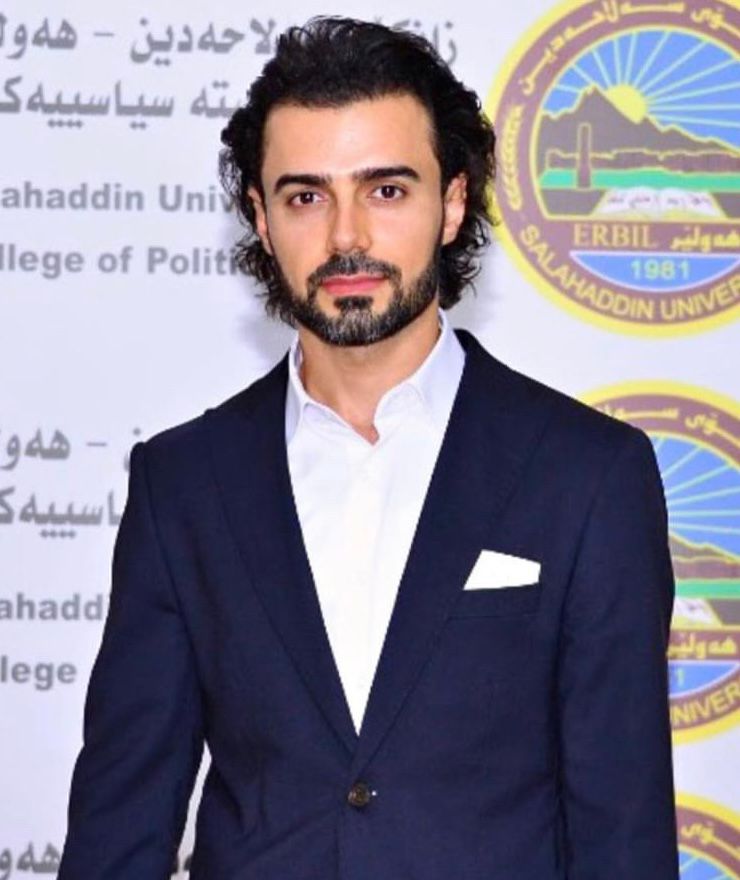By Mohammed Rahman Ahmed
Many regions within federal states have adopted policies to protect their cultural and national identity against the dominant nation’s identity. This is for a very simple reason: the political existence of these regions is tied to their national existence, and their national existence is connected to cultural and linguistic differences, which form the foundation and core of their national identity. In other words, whenever these regions’ language and culture are dissolved within the dominant nation’s culture, no reason remains for their existence as a political region within the federal state.
Therefore, we see that Quebec in Canada, whose population is French, was almost losing its language until 1977, with English being dominant, because most parents were sending their children to English-speaking schools. Additionally, immigrants arriving in Quebec were choosing English. However, Quebecers quickly recognized this threat, and in 1977 they established laws to protect their language and culture. They eliminated the freedom to choose between French and English education, instead making French-language education mandatory for French people and new immigrants. Only a very small number of English schools remained, with strict conditions – parents must be English-speaking. Moreover, even students in English schools must study French, with French language learning being a requirement for university graduation, meaning they would not be awarded a degree without learning French.
In Northern Italy, the Tyrol region, where about 65% of the population are Germans and speak German, alongside an Italian minority of about 25%, and a small minority speaking Romansh, approximately 5%, they have, like the French Canadians in Quebec, pursued a policy of language and cultural preservation through the education system. In the Tyrol region, both German and Italian are official languages. Italians study in Italian, Germans in German, but additionally, in all Italian schools, German is taught as a second language. This means all Italians in this region must learn German, even though Italians are the state-owning and dominant nation – all this to preserve the characteristics and identity of this German-speaking region.
What was described in federal systems is common: regions can require their population to learn their national language and culture, even if a minority exists in the region belonging to the dominant nation, such as English minorities in Quebec or Italian minorities in Tyrol. Here, neither the Canadian federal government opposed the language and identity preservation policy of French Quebec by claiming English is the official state language, nor did Italy oppose the language and identity preservation policy of Germans in Tyrol.
If this policy is valid for regions like Quebec and Tyrol, where their nations have two strong, large, and advanced states like France and Germany – with absolutely no fear of these nations’ dissolution – it is more necessary for a Kurdish region like Kurdistan.
Apart from the cultural dissolution policy, demographic changes, and the genocide of Kurds over the past hundred years, currently about one million Arabs have come to Kurdistan due to war and political instability. For nearly 10 years, these Arabs have settled in Kurdistan, registered properties, established businesses, and many have no intention of returning. A generation has been raised in Kurdistan’s cities, and it appears this generation growing up here will completely assimilate and will not be willing to return to their original location.
What is extremely dangerous is the matter of Kurdish language, identity, and the demographics of Kurdish cities in the Kurdistan region, which are completely under threat of Arabization, and the Kurdistan region has been indifferent to this existential threat, not implementing a good language and cultural preservation policy. For 10 years, Arabs have been in the Kurdistan region but are unwilling to learn Kurdish, while many Kurds have learned Arabic. In many countries and federal regions, job acquisition is conditioned on learning the country’s language. However, in Kurdistan, it’s the opposite – instead of making Kurdish language learning a condition for Arabs to obtain work, learning Arabic has become a condition for Kurds to obtain jobs in many jobs and shops.
Kurdistan Region, as a region based on linguistic, national, and cultural differences, has the right to adopt an identity preservation policy by compelling all Arabs to learn Kurdish. In Arabic schools, Kurdish should be made the second language, and learning Kurdish should become a requirement for obtaining a degree. Similarly, in workplaces, especially in malls, restaurants, and cafes, Kurdish should be a condition for hiring, working, and presentation. Not only that, but learning Kurdish should be a condition for Arabs to stay, settle, and own property. In the Iraqi Constitution, Article 4 recognizes Kurdish and Arabic as two official languages, therefore Kurdish is an official language, and the Kurdistan Region can impose it as an official language on all individuals residing in the region.
Moreover, the presence and increasing number of Arabs in Kurdistan, which grow day by day ( especially possible future waves of Arab migrants in south and central Iraq to Kurdistan region due to climate change and desertification) represent the greatest threat to the demographics of Kurdish cities in the future, like the Trojan Horse within Kurdistan. we must consider that if these people are granted voting rights as region residents, it is not far-fetched that they might fight over the governor’s position in Erbil, just like in Kirkuk.
To preserve its national identity, the Kurdistan Region must not only implement a policy of enforcing the Kurdish language but must also work firmly and persistently to send Arabs back to their original regions, especially since the Islamic State’s rule ended years ago, leaving no excuse for their continued presence.
This is neither against the Iraqi Constitution nor against cultural coexistence, but a policy of preserving identity, language, and culture – a right of every region in a federal state founded on national principles, to protect its existence and prevent dissolution into the dominant nation’s hegemony.

